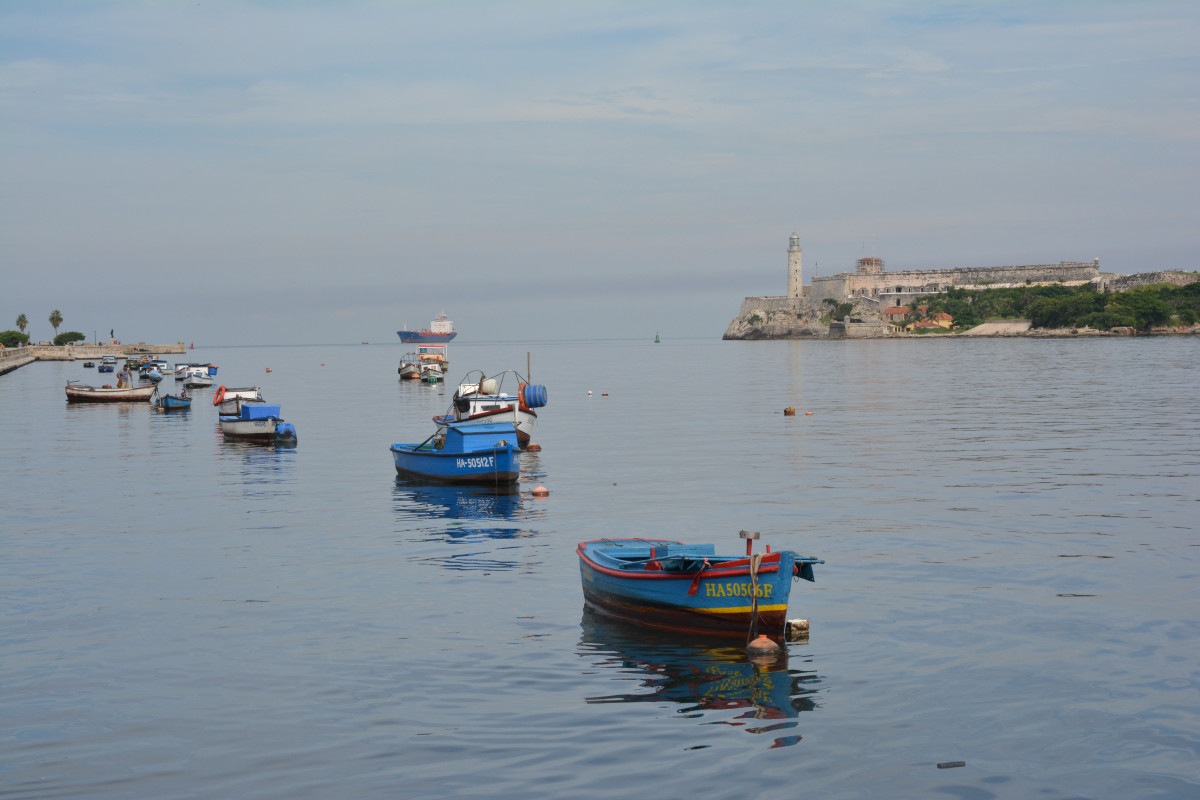The restrictions that fishermen face include complications in obtaining licences, only being able to fish on the weekends, and not being allowed to catch lobsters and other certain species of fish.

The hunger crisis faced by the Cuban population would be less severe if repression from the government did not touch upon the fishing trade. Fishermen in Cuba are forced to navigate endless rules and regulations to bring enough food back to their families. Failure to adhere to the rules can result in penalties ranging from a fine to a prison sentence of several years.
For the residents of Honda Bay, it is a struggle to be a fisherman. Most choose this profession because of the sense of freedom that comes with owning a boat and going out to sea every day. Usually, their grandparents or parents were fishermen before them, and the profession has been passed down through the generations.
The restrictions that fishermen face include complications in obtaining licences, only being able to fish on the weekends, and not being allowed to catch lobsters and other certain species of fish. Furthermore, fishermen are only allowed to catch 15 kilos of fish, and the use of nets is prohibited. The first violation of these rules costs 10,000 pesos and involves confiscation of fishing equipment. The second time results in a criminal case.
These restrictions have forced many fishermen to fish in secret. “We go out in ramshackle boats, avoid the police, and try to catch what we can. It is worth the risk,” says one of the secret fishermen. “The restrictions are too great for anyone in the fishing community to make a living”.
The Ministry of Commerce announced on public television their justifications for these actions, saying that the reason for so many restrictions was to preserve the fish population. Jorge Luis Tapia Fonseca, the Vice Prime Minister, suggested that people could raise fish domestically—an idea proposed by Castro in the 90s—by building fish tanks in their backyards or on their patios. The President himself, Manuel Diaz-Canel, even issued a statement saying there was just not enough fish for everyone.
The truth is not that there is enough fish, but that the Cuban government wants to keep everyone on a tight leash in every aspect of their lives. Free fishing entails a level of personal independence, something the government doesn’t permit its citizens to have. Cuba has relied on fishing for food and commerce for hundreds of years, and the government would do well to remember that Cuba is an island surrounded by water with fish.


